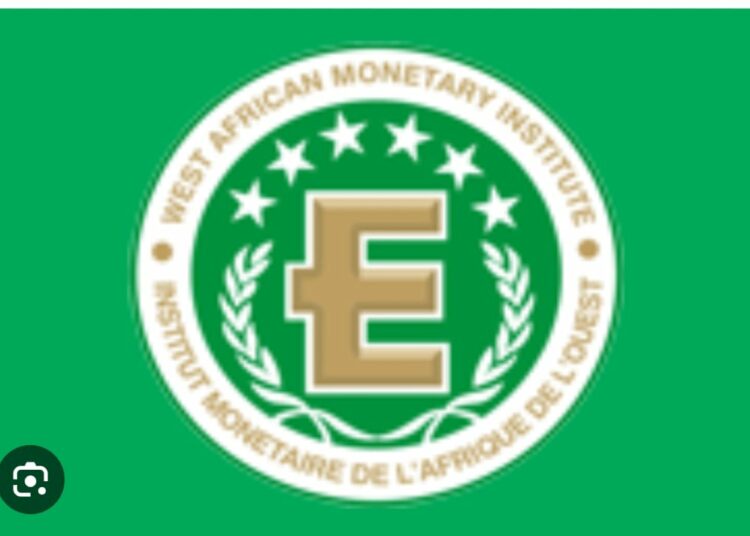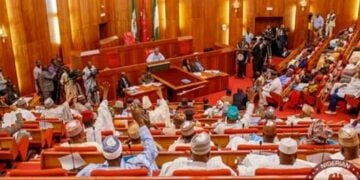The committee of Governors of the central banks of West African Monetary Zone (WAMZ) countries has advised member states, including Nigeria to always negotiate for concessional loans and debt relief whenever they want to borrow from the external market. It also said such loans must be project-tied.
The committee also urged its members to maintain a tight monetary policy stance to anchor inflation expectations, and eventually bring down inflation. Nigeria is one of the African countries facing high inflation pressure due to insecurity, fuel subsidy removal and food supply chain disruptions.
“Negotiate for concessional loans and debt relief with external creditors while adopting a framework to ensure that subsequent loans are project-based and streamline tax exemptions and formalize some SMEs operating in the informal sector to broaden the tax base,” the committee said at its 48th meeting in Abuja, where a slew of initiatives and recommendations were discussed.
The central bank governors told member states to invest in agriculture to boost food production and agro-processing to diversify and add value to products, support resilience, withstand shocks and moderate price volatility.
It also asked the executives of all West African states to strengthen tax administration and public financial management to boost revenue mobilisation, while implementing expenditure rationalisation measures to reduce fiscal deficit and stabilise public debt to ensure fiscal and debt sustainability.
One of the key highlights from the meeting was the call for developing risk indicators and matrices tailored to the financial sector in the WAMZ. Emphasizing the importance of addressing emerging risks, the committee underscored the need for member states to conduct stress tests to evaluate the impact of climate change on the financial sector.
Furthermore, the committee emphasized the urgency of fast-tracking the formation of the Financial Stability Council within the WAMZ. This council, which would include Security and Exchange Commissions and Pension Regulators, aims to bolster financial stability and resilience across the region.
The body of central bank governors asked members to adopt the macroeconomic developments and leverage the biometric system and consider the adoption of the Global Standing Instruction (GSI) to enhance borrowers and other customers’ identification system and deter predatory borrowers.
It said states should create a collateral registry system and credit referencing systems should be developed and automated to allow for information sharing among lenders.
In addition to these measures, the committee encouraged member states to adopt the Macroeconomic Developments and Convergence Report. This move is aimed at promoting economic diversification and resilience, with a focus on investing in agriculture to boost food production and agro-processing. The emphasis was also placed on enhancing public-private partnerships to improve physical infrastructure and bolster domestic productive capacity.
We’ve got the edge. Get real-time reports, breaking scoops, and exclusive angles delivered straight to your phone. Don’t settle for stale news. Join LEADERSHIP NEWS on WhatsApp for 24/7 updates →
Join Our WhatsApp Channel










